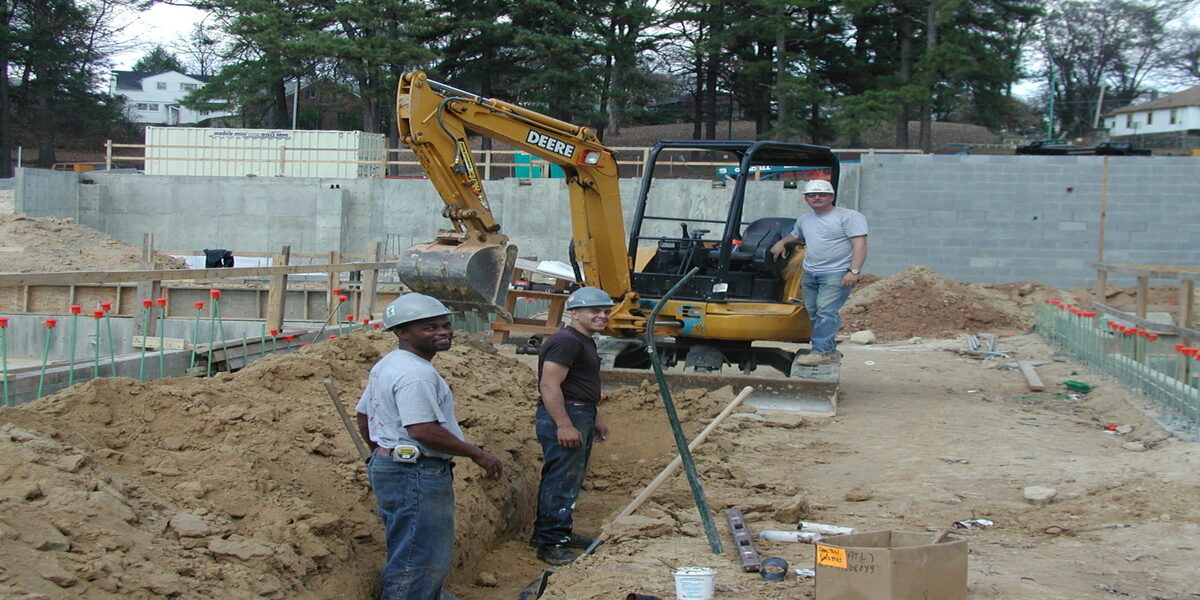7 Things You Should Know Before Hiring Your Next Subcontractor
As a contractor, you know it’s your name on the line if construction is delayed or errors are made. The client doesn’t care if mistakes are made by subcontractors, the G.C. is ultimately responsible. This is why choosing a new subcontractor is such an important and challenging decision. Keep in mind the following questions while investigating potential subcontractors.
- Is the company financially sound and paying vendors?
Don’t be shy about asking for financial statements from subcontractors, they are accustomed to it. Hire financially profitable companies only. You don’t want the worry of workers walking off of the job or materials not arriving on time because the sub is too broke to pay bills. Look at the accounts payable figures. If these are inflated over industry standards, this could signal that sub is not paying vendors until the job is finished. A financially healthy company has working capital and pays vendors when the bill is due. Also, a request from a subcontractor for payments in the form of a joint check should be a red flag. This could be another indicator that the sub is not credit worthy. Some contractors believe that issuing joint checks protects them from liens by unpaid suppliers. In reality both the supplier and sub can cash one or the others checks and leave the G.C. legally holding the bag if there was no former agreement for payment distribution. (See Crystalplex Plastics v. Redevelopment Agency of the City of Barstow)
- How does the subcontractor treat his employees?
As the old saying goes a chain is only as strong as its weakest link. Feel free to ask employees questions on the work site. Longevity and satisfaction say a lot about an employer. When an employee is well paid and feels appreciated, he will perform like he is part of a team and not just clocking in hours.
- What is their record of work?
Does the sub have letters of recommendation from other general contractors? A construction project is a complicated process and challenges ALWAYS arise, some of them at very inconvenient times. Does the sub go beyond the call of duty when things get tough? Do they have a reputation for being knowledgeable and consistent? How long has the company been in business? Any construction company that made it through the Great Recession has got to have some staying power.
- Do they show versatility?
Does the subcontractor have a variety of projects and markets under their belt? It is one thing to work in new construction but perhaps another set of skills to do the delicate work required for historical restoration or renovation. A well rounded company should be experienced in many types of environments, a sign that they have seen it all.
- Are their workers skilled?
A company that wants a solid work team hires smart individuals who are thinkers and problem solvers first. This can be evidenced by the amount of licensing and certification that employees carry. Does the company have a program of apprenticeship or mentoring to show that education is important to them?
- Is the company up to date in its use of technology?
Lean construction requires the use of updated technology solutions like BIM (Building Information Modeling), Trimble, IPads in the field etc. These technologies are assets that support your client’s business outcomes. Clashes with other trades can be avoided, schedules tightened, and real time collaboration between engineers and the field cuts rework. Make sure that your sub can provide these money saving services.
- Is the subcontractor bonded and insured?
Should anything fall through on the subcontractor’s end, they should have enough bonding to cover your losses. Losses covered by a surety bond generally include: failure to adequately perform or finish the job, payments not made to vendors, and missing permits or licensing. Know the value of your project and ask for the appropriate amount of bonding. Subcontractor liability insurance usually covers bodily injury or damage to the property being constructed. Subcontractor’s should also carry worker’s compensation. Ask for proof of coverage and make sure that it is all up to date.

